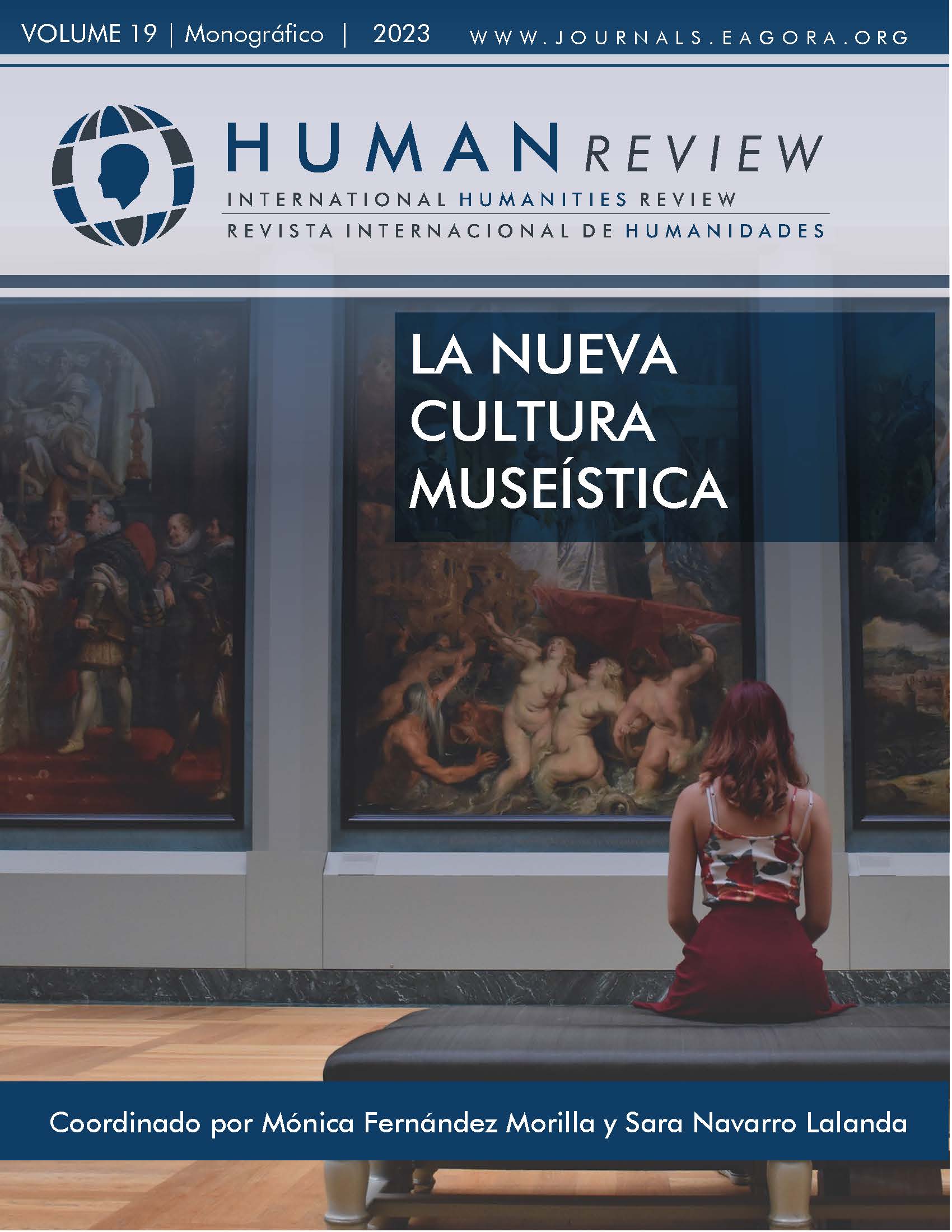Creative Thinking for the Design of Memorable Learning Experiences
DOI:
https://doi.org/10.37467/revhuman.v19.4928Keywords:
Creative thinking, Education, Colombia, Memorable learning, Design thinking, Methodologies, DidacticAbstract
Designing learning experiences became the great challenge for educators in many parts of the Colombian geography as well as in other countries, and that, in addition to meeting the contents required by the curricular plans, were memorable or conducive to anchoring gratification in the students. This is why the following document aims to present the characteristics of the model that has been called DEMA – Design of Memorable Learning Experiences as a contribution and reflection of both analogue and digital educational practices that are built in educational contexts.
References
Bergua, J. (2021). Capitalismo Creativo. Cambios en los factores productivos, las agencias, los discursos y las políticas. Revista Española de Sociología, 30(1), a05. https://doi.org/10.22325/fes/res.2021.05
Carretero, A. (2021). La deriva fundamentalista de lo creativo. Revista Española de Sociología, 30(1), a07. https://doi.org/10.22325/fes/res.2021.07
Csíkszentmihályi. M. (1998). Aprender a fluir. Kairós.
COLCIENCIAS (2015). Guía para la formulación de proyectos para centros de ciencia en Colombia. https://minciencias.gov.co/sites/default/files/ckeditor_files/guia_formulacion_proyectos.pdf
Departamento Nacional de Planeación (2022). Visión Colombia 2050. Planeta Colombiana.
Galvis, Y. y Mejía, A. (2019). Corporalidad en la interacción comunicativa: estudio de caso en la sala Mente, el mundo adentro del Parque Explora. Revista Kepes, 16(19), 423-463. https://dx.doi.org.10.17151/kepes.2019.16.19.16
Krumsvik, R. (2009). Situated learning in the network society and the digitized school. European Journal of Teacher Education, 32(2), 167-185. https://doi.org/10.1080/02619760802457224
Mannucci, P., Orazi, D., De Valck, K. (2021). La improvisación toma práctica. Harvard Bussiness Review. https://hbr.org/2021/03/improvisation-takes-practice?language=es
Ocampo, J. (2016). Experiencias Memorables de Aprendizaje. www.researchgate.net/publication/319471876_Experiencias_Memorables_de_Aprendizaje
Sánchez, C. (2021a). El malestar de la descivilización: creatividad como principio de realidad. Revista Española de Sociología, 30(1), a02. https://doi.org/10.22325/fes/res.2021.02
Sánchez, C. (2021b). El desafío de la trascendencia en tiempos de creatividad. Revista Española de Sociología, 30(1), a01. https://doi.org/10.22325/fes/res.2021.01
Sánchez-Prieto, J. (2021). Democracia y creatividad. El nuevo horizonte de la política en el siglo XXI. Revista Española de Sociología, 30(1), a08. https://doi.org/10.22325/fes/res.2021.08
Toro, J., Yepes, M. (2018). El Cerebro del Siglo XXI. Manual Moderno.
Valero Matas, J. A. (2020). La Educación en la Technoaldea: ¿Privación de la creatividad?. Foro de Educación, 18(2), 259-275. http://dx.doi.org/10.14516/fde.73
Vélez, A.y Vélez, A. (2012). Creatividad e Inventiva. Retos en el Siglo XXI. Universidad de Antioquia. Medellín.
Wagensberg, J. (2018). El Museo “Total”, una Herramienta de Cambio Social. En F. Manito (Ed.) Ciudades Creativas (vol. 4). Ciudadanía, cultura digital y emprendimiento social. Kreanta.
Downloads
Published
How to Cite
Issue
Section
License
Those authors who publish in this journal accept the following terms:
- Authors will keep the moral right of the work and they will transfer the commercial rights.
- After 1 year from publication, the work shall thereafter be open access online on our website, but will retain copyright.
- In the event that the authors wish to assign an Creative Commons (CC) license, they may request it by writing to publishing@eagora.org









